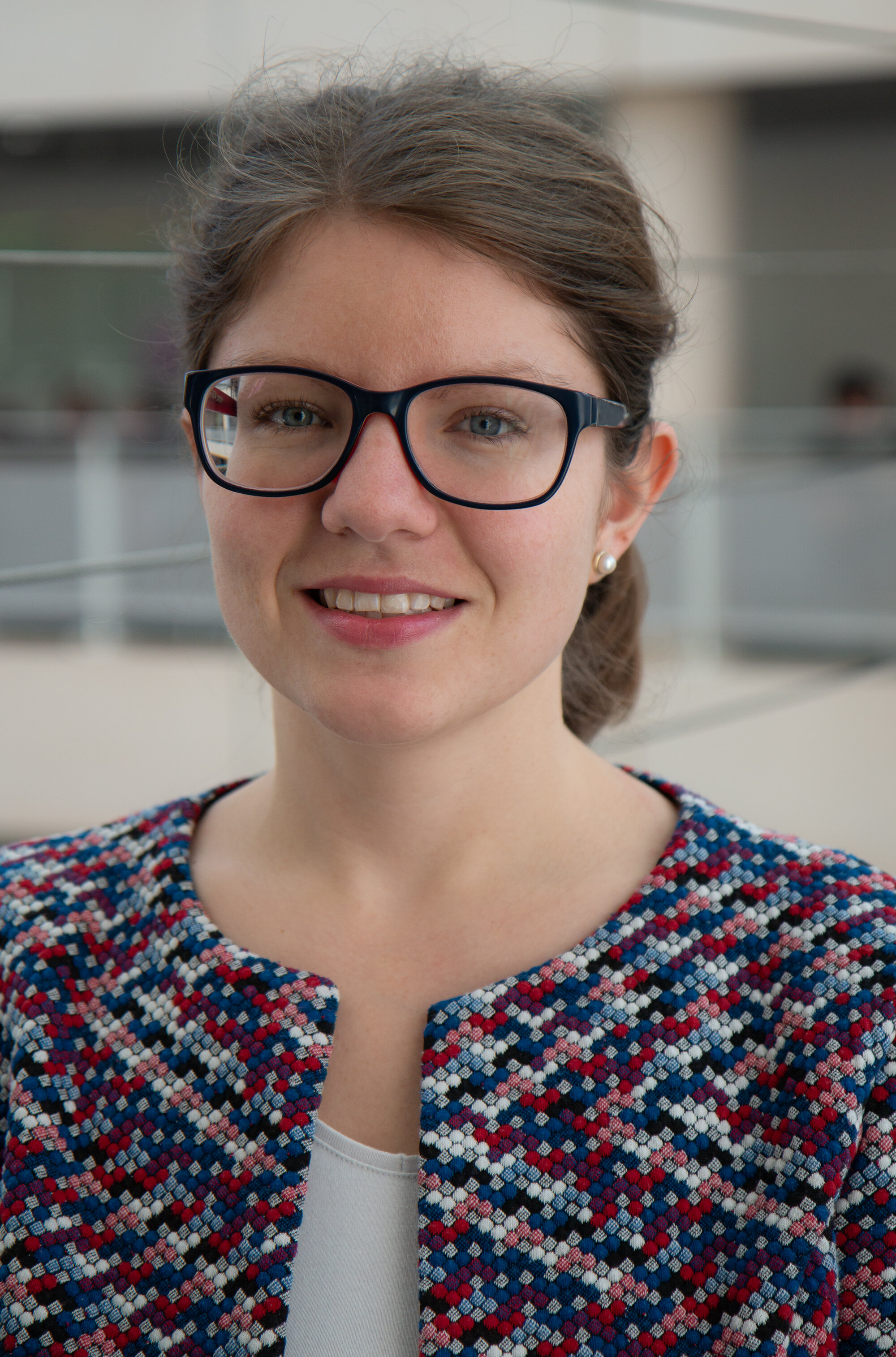EU and Russian hegemony in the ‘shared neighbourhood’: NORTIA residency by Isabell Burmester at FASoS (Maastricht University)
Submitted by Maastricht University on Fri, 10/04/2019 - 00:17
Isabell Burmester is a doctoral researcher and assistant at the Department of Political Science and International Relations of the University of Geneva (CH). During autumn 2019 she is visiting the Faculty of Arts and Social Sciences (FASoS) at Maastricht University as a NORTIA early-career residency researcher for her research on EU and Russian hegemony in the Eastern Partnership countries.
Currently, she is pursuing her doctoral research on the nature of European and Russian hegemony in Eastern Europe and the Caucasus. Her thesis develops a conceptual framework of hegemonic power bringing together existing theoretical reflections on the nature and mechanisms of power and hegemony in International Relations. The use of hegemonic power mechanisms over time is then examined for the cases of the EU’s and Russia’s relations with Armenia and Moldova since the beginning of the 2000s. The goal is to provide a more differentiated understanding of the nature of EU and Russian regional hegemony and, through the introduction of an overarching comparative framework, to pave the way for a research field combining EU and Eurasian studies.
The three-months residency with Prof. Gergana Noutcheva at Maastricht University is devoted to presenting the theoretical framework that lays the ground for the empirical analysis. It presents an excellent opportunity to disseminate this work in progress and receive valuable feedback. In a second step, the fellowship in Maastricht will be used to proceed with the operationalization of the proposed framework so as to prepare field research in Brussels, Moscow, Chisinau and Yerevan. The focus during the residency is placed on data collection at the EU institutions in Brussels.

